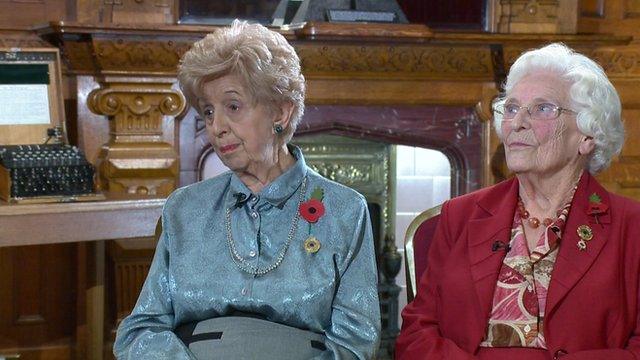WW2 Bletchley Park codebreaker dies aged 99
- Published
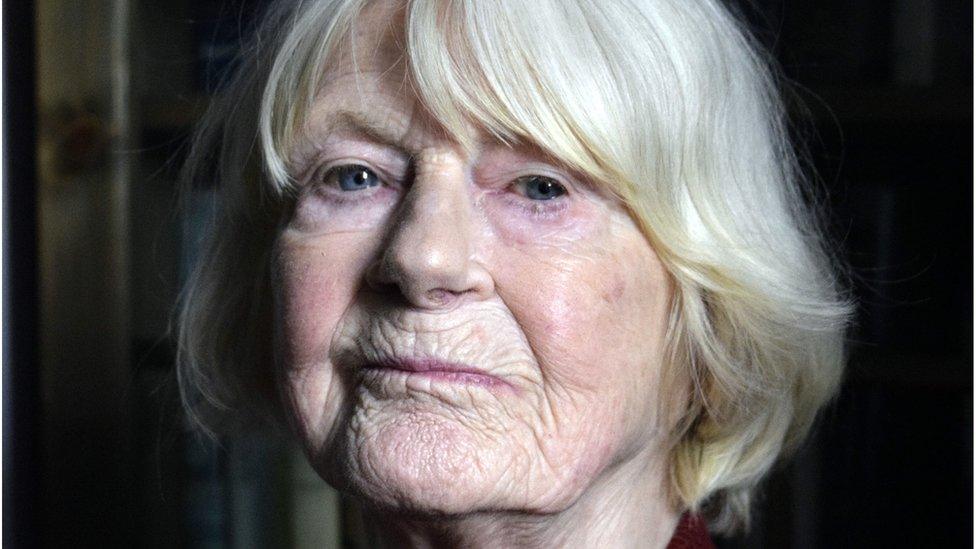
Margaret Betts agreed to join the codebreakers after her brother was killed by a German U-boat
One of the last surviving female codebreakers who served during World War Two has died at the age of 99.
Margaret Betts worked at Bletchley Park, Buckinghamshire, from the summer of 1943 until 1945.
Her son, Jonathan Betts, said she was headhunted by "men from the ministry" in 1942 when she was only 19, having performed well at school.
Ms Betts, who helped decipher enemy communications, died on 26 August at a nursing home in Minehead, Somerset.
"She kept her sharp brain right until the end," said Mr Betts.
The great-grandmother had lived in Ipswich, Suffolk, for most of her life.
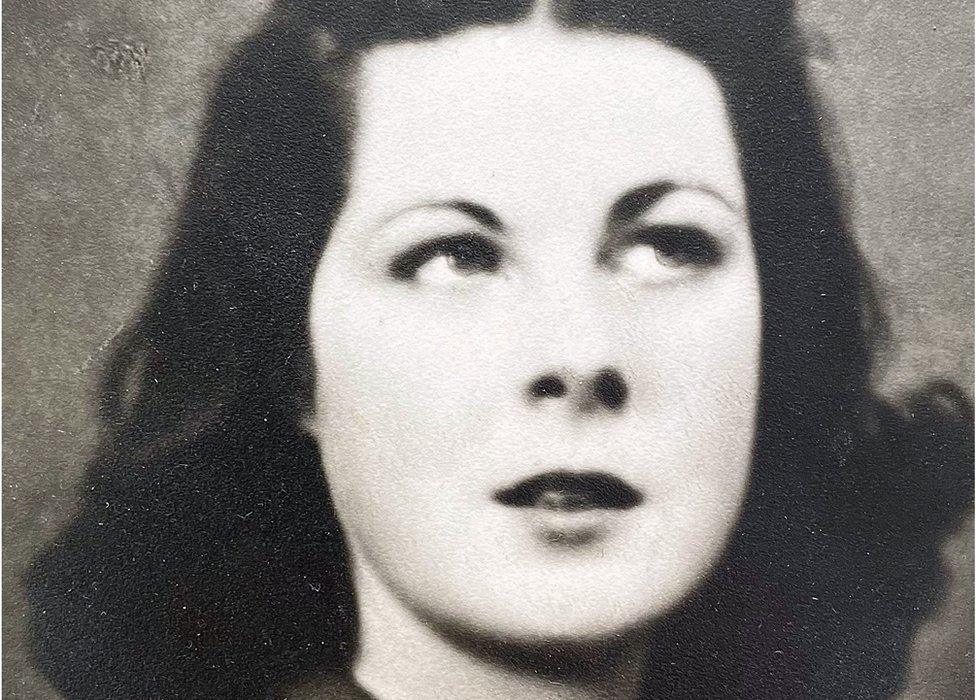
Margaret Betts played down her role to family, describing her work as "very humdrum"
Mr Betts said she agreed to help at Bletchley Park because she had recently lost her brother, when his ship was sunk by a German U-boat.
"It was absolutely tragic, he had just married a few weeks before, the whole family was in terrible shock and desperate to do something," he said.
"She was just told it would be highly secret work and that eventually she would be told what it was, but meanwhile she was to pack her bags and go to a clearing house."
'Played down her role'
After a selection process, she started codebreaking in the summer of 1943 and worked through until Victory over Japan (VJ) Day two years later.
"Like most of them did, she always played down her role," said Mr Betts, who lives outside Salisbury, Wiltshire.
"She said, 'Yes, I know it was incredibly important, our part in it, and I know it was highly secret, but please don't come away with the idea that we're all Alan Turings, because we're not.
"'We were there operating the machines, we were obeying orders, we were applying logic to do what we were told to do, and we were doing so efficiently and intelligently, but we didn't design the machines for decoding.
"'We were the service staff who were operating them.'"
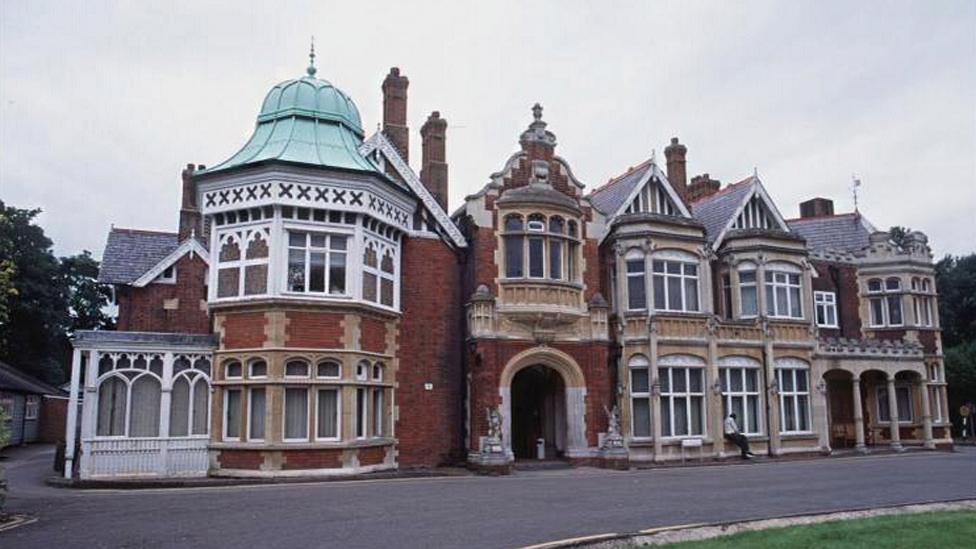
Codebreakers helped crack German codes at Bletchley Park in Buckinghamshire
He said one of the stories that his mother told was she and the other Navy Wrens would sometimes go out from Bletchley Park into Northampton to go shopping.
"They would hear gossip, and the gossip was there's something going on down the road in Bletchley Park and nobody knows what it is," said Mr Betts.
"But the strong rumour was it was actually a home for pregnant Wrens who had got pregnant accidentally and had been very naughty, and were having to quickly disappear so they could have their baby and then get back to work.
"Of course, the Wrens thought this was hilarious."
Mr Betts added: "Without their work the war would have lasted longer - some people reckon it would have gone on two years longer if they hadn't been able to break the German and Japanese codes.
"She contributed a small part to a very important element in winning the war."

Follow East of England news on Facebook, external, Instagram, external and X, external. Got a story? Email eastofenglandnews@bbc.co.uk, external or WhatsApp us on 0800 169 1830
Related topics
- Published24 August 2023
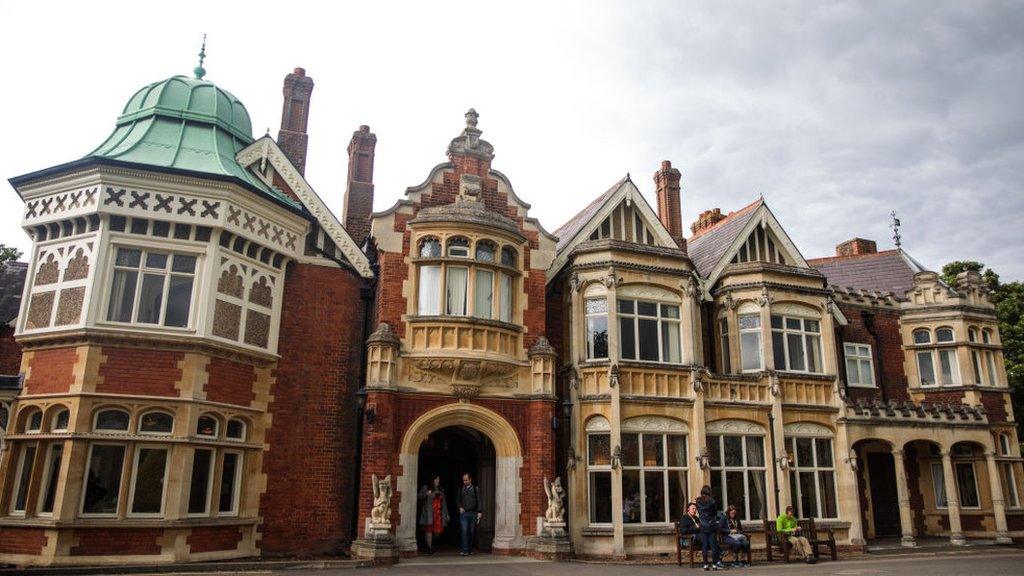
- Published1 November 2022
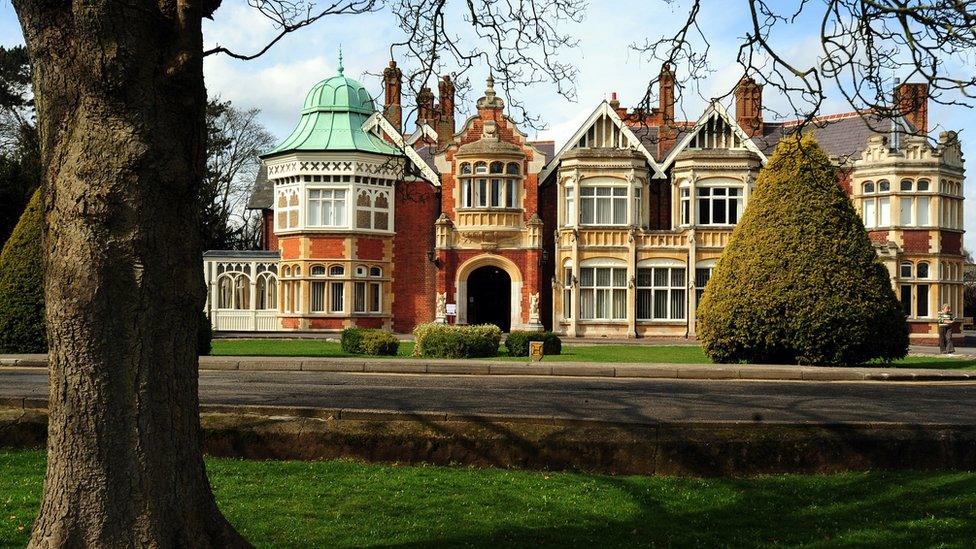
- Published10 November 2013
